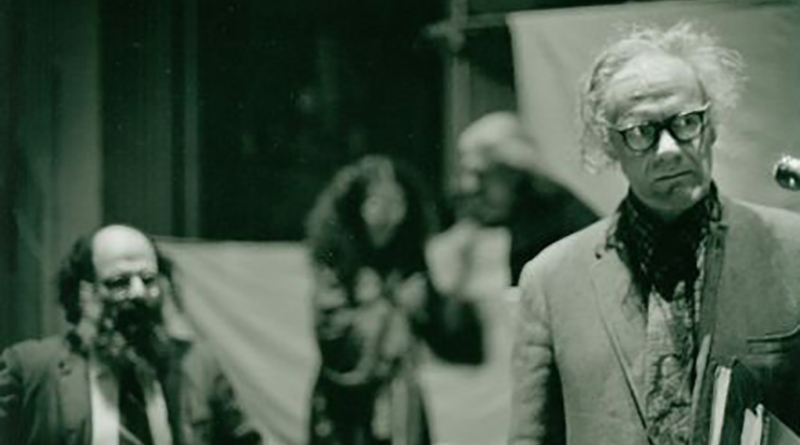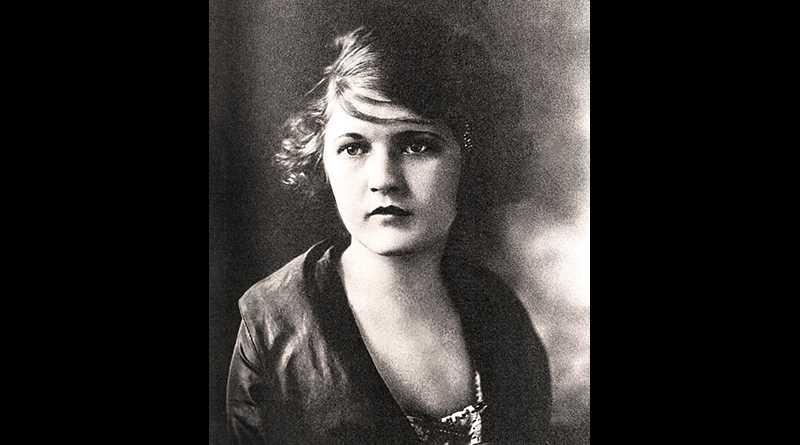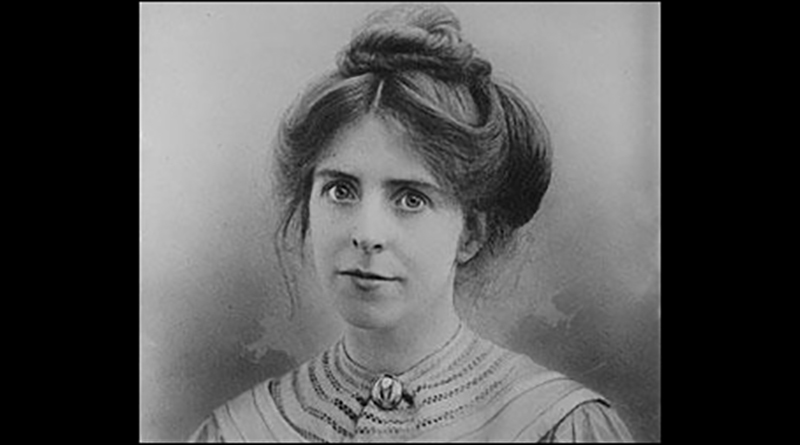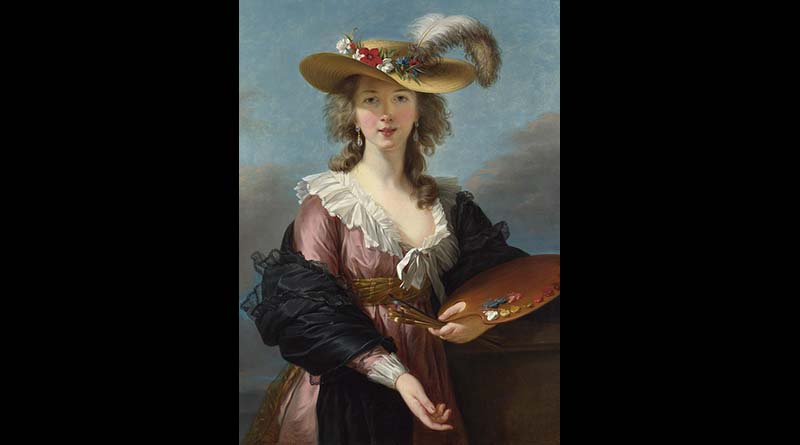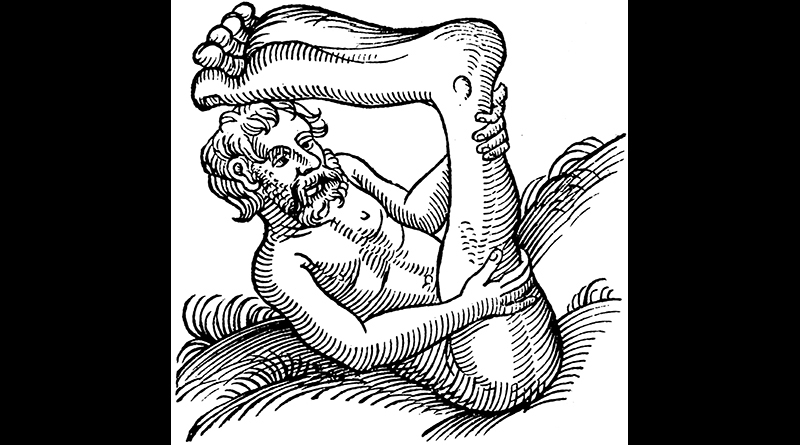(Photo of Allen Ginsberg and Robert Lowell at St. Mark’s Church, New York City, February 23, 1977. Photo: Martin Wechselblatt)
A. Alvarez: You yourself have certainly added something quite new to modern poetry. As I read it, it’s a matter of coping with material which has not really been coped with before — taboo material, about a nervous breakdown and so on. There had been poems about these things before, but they were all in regular metre. What you’ve done is to let the metrical form shape itself out of the feelings.
Robert Lowell: Well, I remember I started one of these poems in Marvell’s four-foot couplet and showed it to my wife. And she said “Why not say what really happened?” (It wasn’t the one about her.) The metre just seemed to prevent any honesty on the subject, it got into the cadence of the four-foot couplet. The style came out of a whole lot of things, and I don’t know myself what was the dominating influence.
In the beginning you got people who said this was prose and so forth and didn’t want to see the skill, I think. Now you’re beginning to get a time when there’s too much of this confessional verse — in my own country it’s one of the trends — and you feel that a lot of the poems don’t have enough lyrical concentration.
I think a confessional poem is a possibility but you shouldn’t overwork it. Often you have nothing to confess that makes a poem. The problem is to use a little of all that and be inventive. I think of several possibilities, of strings one might be able to pull: one is the confession given rather directly with hidden artifice; the other is a more rhetorical poem that doesn’t use natural language at all; and then there are ways of distorting the experience, bringing in invention.
… The needle that prods into what really happened may be the same needle that writes a good line, I think. There’s some sort of technical connection; there must be at best. Inspiration’s such a tricky word, but we all know poetry isn’t a craft that you can just turn on and off. It has to strike fire somewhere, and truth, maybe unpleasant truth about yourself, may be the thing that does that.
It’s puzzling. You may be in a very sunny mood and the poem that comes out is not at all sunny; and to a certain extent vice versa. You can say that what comes out is your real self in some queer way, but it may be one that you’re not particularly aware of at the time. Certainly, you can’t trust your feelings and put them down and say “That’s the truth.” You find that often you’re working with something that isn’t your immediate feeling at all. I think it must be worked up.
… You’re asking how a confessional poem that’s a work of art differs from someone’s outpourings, sensational confessions for the newspapers or confessions to one’s analyst. It seems to me there is some connection. When I was doing what might be called confessional poems there was a big chunk of something to be gotten out, but a great deal of it was very tame; the whole thing wasn’t any very great story, but still there were things I wanted to say. Then the thing was the joy of composition, to get some music and imagination and form into it and to know just when to stop and what sort of language to put it in — it was pure joy writing it and I think it was pure technical joy, and poems are dull if you don’t have that.
— Robert Lowell interviewed by A. Alvarez in “Robert Lowell in Conversation” from the book Robert Lowell, Interviews and Memoirs

